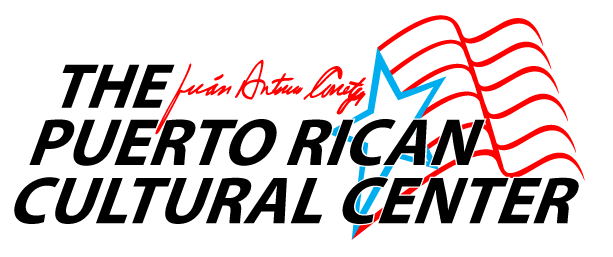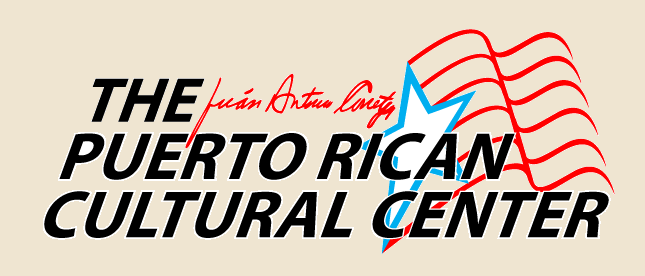Enrique Dussel, described by my friend Cornel West as “one of the giants of emancipatory thought and liberation philosophy,” visited Paseo Boricua and met for a breakfast hosted by Executive Director of the Puerto Rican Cultural Center José E. López, with several clergy and community leaders from the Humboldt Park area present. It was a fascinating time of conversation regarding topics such as immigration reform, a theology for the immigrant, the relationship between Puerto Rico and the United States, Latin America, and everything else in between.
The energy of the conversation was a resilient interaction of sharing our own context of struggle and thoughts with the Argentinean Philosopher of Liberation. I was greatly impressed at how this giant of a thinker listened intensely and responded to the questions and various analyses going back and forth in rapid fire.
In the course of the lively conversation, we paused to introduce Dussel to Ricardo Jiménez, a former Puerto Rican political prisoner. Among other notable acts, Jiménez volunteered at El Rancor, a drug rehabilitation center. He was a key player in the exposé of the plan known as Chicago 21, which aimed to turn a Puerto Rican community into a bastion of the high-income white-collar class. He assisted in the development of Loyola University’s first Puerto Rican history class, and was a member of the organization that ultimately founded Roberto Clemente High School.
As Enrique Dussel shook Jiménez’s hand he said, “I am shaking the hand of a saint.” As a bystander with some knowledge of the lives of both of these men, I found the moment to be especially tender and humbling. Dussel knows firsthand what repression and struggle is all about. He should; It nearly killed him.
In 1971, Dussel’s home was bombed by a paramilitary group, forcing him to seek exile in México where he teaches in the department of philosophy at the Metropolitan Autonomous University (UAM). It was his powerful dedication to liberation philosophy that called down the wrath of the group that destroyed his home and attempted to take his life. The plight of the marginalized and the disadvantaged is Dussel’s focus. He believes that the liberation of the oppressed will not happen through a violent uprising such as those that occur under paramilitary groups. This, he says, will only replace one tyrannical ruling body with another, thus perpetuating the injustice. It is Dussel’s wish to not only liberate the downtrodden from the powers that hold them in place, but also to free the oppressors from their need to oppress.
Dussel himself, amazed with the thought provoking dialogue, shared how he impressed he was with the many symbols of cultural expression along Paseo Boricua. Cheerfully he expressed his appreciation for our time together saying, “I’ve said things that I never have said before today.” In closing, Dussel expressed the importance of those struggling on the margins to know and celebrate their history. He singled out how Dr. Martin L. King, Jr. provided a vision of the future in his, “I Have a Dream,” speech. We in the Latino community must provide our people with a vision.
This comment was especially riveting to me. As a pastor and theologian, I began to ponder and think about what citizenship in God’s kingdom looks like. Heaven has no borders. People there come to-and-fro in peace, regardless of the color of their skin or the language that they spoke in life or their religious views. How would it look on earth if the same principles ruled? If instead of drawing lines around our little bits of land and calling them sacred, we instead opened wide the borders and pulled down the walls and let the world mingle freely?
The official language of heaven is love, as every child who has ever entered a Sunday School classroom knows. The official language of Heaven on Earth should be love as well. No favoritism among the residents of the planet, no elevation of one group or race over another, no hatred on the basis of exterior differences, but rather a shared responsibility in enriching the lives of one another to our mutual benefit. Heaven on Earth is possible. And men like Enrique Dussel seek to make this vision not simply a pretty dream wrapped in a philosophical thought experiment, but rather a concrete reality presided over by a God who is joyfully and unashamedly blind to human differences.
by Rev. Dr. Pedro J. Windsor-García







